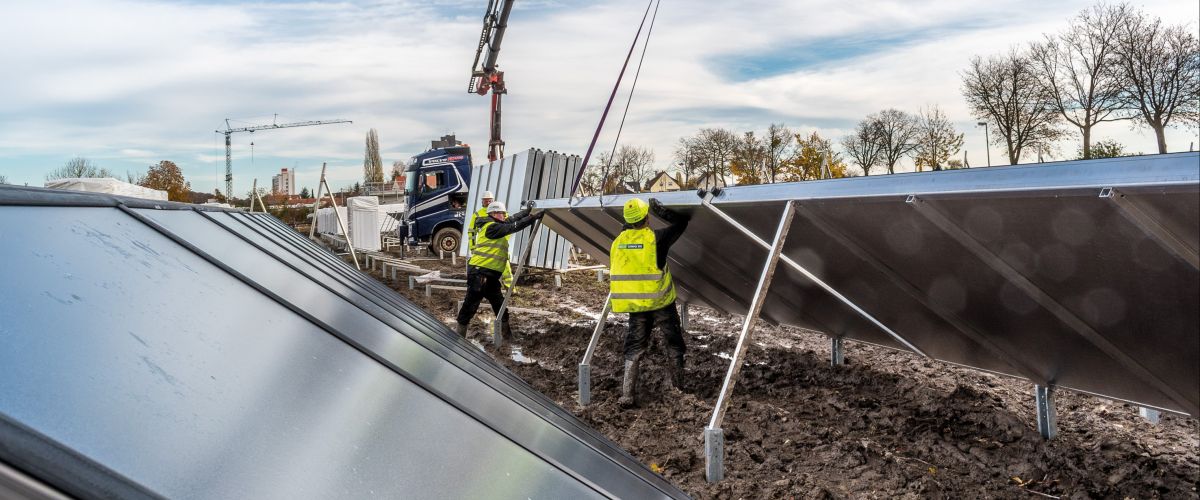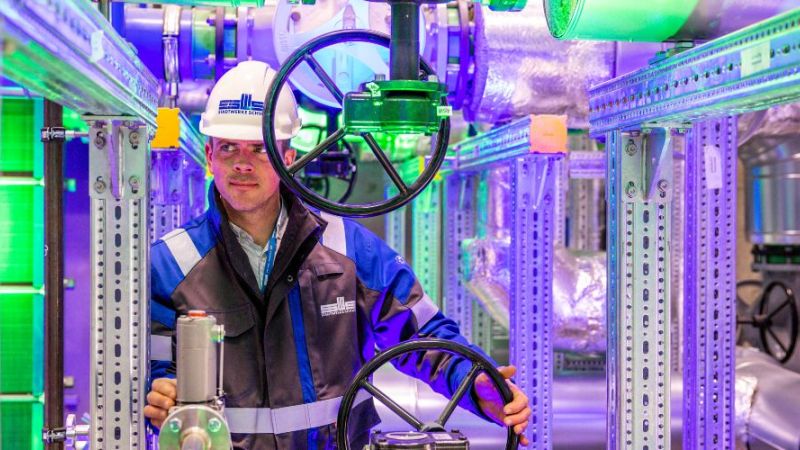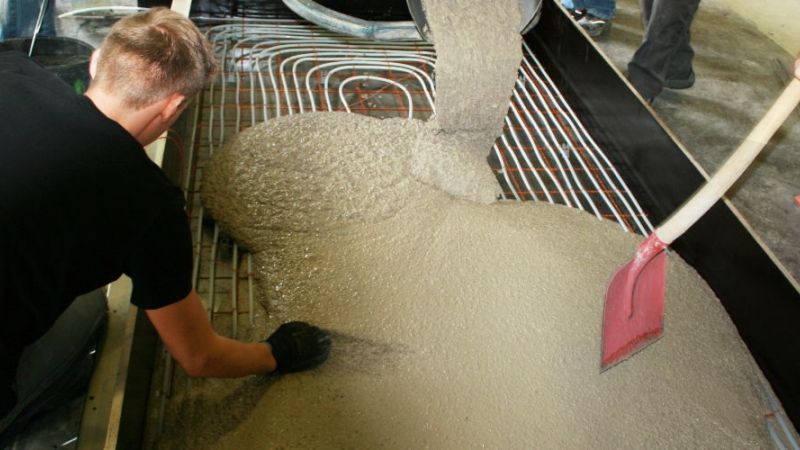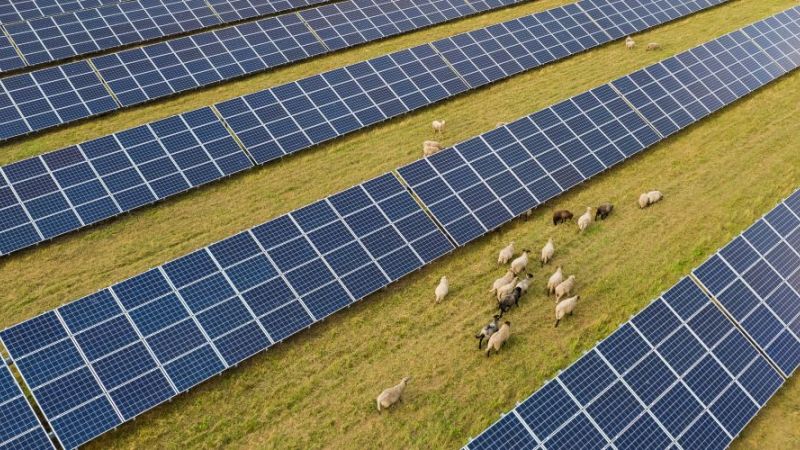Solar Thermal Energy
Great need for research in solar thermal energy
Solar thermal energy is an efficient generation technology for a climate-neutral heat supply. It offers the potential for the sustainable reduction of heat production costs as well as emission-free and directly generated heat. The research funding aims to develop innovative and sustainable economic solutions for the efficient integration of solar thermal energy in multivalent decentralised and grid-connected heat supply systems. Applications include new and existing buildings and neighbourhoods as well as process heat in trade and industry.
Eligible research content in solar thermal energy
The BMWK provides funding for work at component and system level, from developing the necessary tools and innovative simulation and measurement methods to proving economic viability through trials, demonstrations and field tests.
There is a need for research in the development of system solutions in the building sector for efficient interaction with heat pumps for new buildings and the refurbishment of existing buildings, as well as in concepts for the cost-effective achievement of high solar fractions through to full solar thermal supply. This includes further developments of cost-effective photovoltaic-thermal collectors (PVT). In this context, there are also approaches to relieving the load on the grids by utilising solar thermal energy, also in conjunction with heat storage systems and heat pumps operated in line with the grid. One focus is on the consistent further development of sustainable concepts for the integration of solar thermal energy into complex heating networks. It is also important to expand the utilisation possibilities of solar thermal energy in Germany to include the provision of process heat in the low to medium temperature range, for which innovative system solutions with industrial heat pumps and heat storage systems are also required.
Solar thermal collectors offer a wide range of further development potential for the specific areas of application, i.e. low- and high-temperature applications or concentrating and non-concentrating radiation collection, in terms of efficiency and resource conservation, service life and recyclability as well as cost-effective and energy-saving production and use of materials. This applies in particular to line-focussing systems (parabolic trough and Fresnel systems) and point-focussing systems (solar tower power plants).
Other relevant solar thermal energy research topics
By integrating thermal energy storage systems, the heat can also be used in industrial processes or heating networks at times when the sun is not shining, or converted into electricity in solar thermal power plants. The development of cross-technology concepts and pilot projects for cost-optimised and consumption-oriented energy supply, for example by combining solar thermal energy with photovoltaics, wind, biomass and gas, should lead to further diversification and thus increase the resilience of the energy supply.
In sunny regions of the world with a high proportion of direct radiation, solar thermal power plants offer a promising option for providing heat and electricity cost-effectively and on demand. Eligible for funding are projects that help to make the use of solar thermal power plant technology more efficient, more cost-effective or more reliable in order to establish the technology on the market for the three sectors of electricity, heat and the production of chemical energy sources and to improve export opportunities for companies. The further technological development of key components of solar thermal power plants is intended to improve their service life, operational reliability and maintainability.
With high solar irradiation, the demand-orientated provision of solar process heat in the medium and high temperature range in industrial processes using suitable heat storage systems offers a further field of research. In this context, solar thermal processes for the production of chemical energy sources are a useful addition to electrically powered processes. The coupling of solar electricity and heat offers a broad field of application, including for high-temperature electrolysis.






